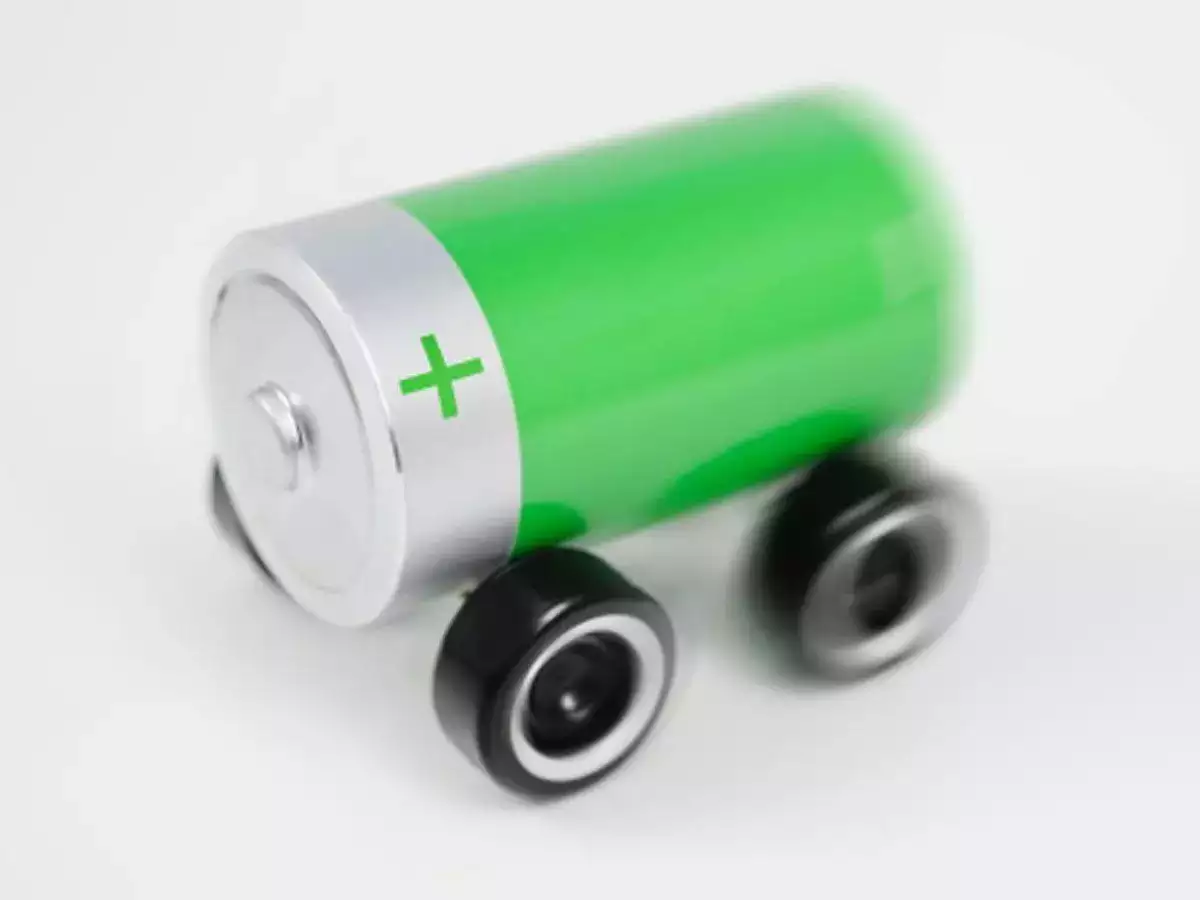
Consequently, with the advent of new battery technology and charging networks, the EV market is gaining popularity among consumers who are looking into ways of decreasing their carbon footprints. Nonetheless, EVs won’t be widespread unless incremental innovations occur in battery technology, production efficiency and affordability. This is the point where the lithium ferro phosphate (LFP) batteries came to revolutionise the automobile sector globally.
Unquestionably, the industry wave of the previous EVs has been lithium-ion (Li-ion) batteries used as power sources. Beyond this improvement, lithium-ion batteries come with a number of limitations. They are sensitive to thermal runaway, a state in which overheating causes a chain reaction that might result in a fire. Furthermore, the extraction of some elements used in Li-ion batteries causes environmental issues. However, LFP batteries provide a compelling alternative. They have a longer lifespan, are naturally safer due to their stable chemistry, and use easily available and less environmentally destructive ingredients. While LFP batteries have slightly lower energy density than Li-ion batteries, advances in design and AI-powered optimisation are closing the gap.
The role of AI in EV production
Design optimisation: AI algorithms can process massive volumes of data to optimise LFP battery integration during the design phase. This optimisation provides efficient energy utilisation, optimal weight distribution, and enhanced aerodynamics, all of which are critical aspects for maximising range and performance in EVs developed expressly for LFP batteries.
Manufacturing efficiency: AI-powered robotics and automation are changing EV manufacturing processes. These intelligent devices perform repetitive tasks with unparalleled precision, reducing human error while assuring constant quality. Thus, AI-driven quality control systems increase reliability by meticulously inspecting parts and LFP battery packs during assembly, finding and fixing any flaws before they become issues. Additionally, predictive analytics driven by AI also helps businesses foresee hurdles in the supply chain for raw materials. Thus, manufacturers can proactively reserve resources by anticipating future scarcities, which guarantees effective
production processes and timely delivery of electric automobiles.
Enhance battery performance and longevity: Although the safety and endurance of LFP batteries are excellent, AI can make them even better. AI systems provide helpful information about the health of LFP batteries by continuously monitoring them. By optimising temperature regulation and charging processes, these understandings maximise battery performance while reducing degradation. As a result, AI-driven battery management systems not only guarantee optimal performance but also boost the LFP batteries' overall lifespan, reducing the cost of replacement for EV owners.
AI and LFP batteries: For a sustainable future!
The synergy between AI and LFP batteries is revolutionising EV production. AI streamlines processes, optimises design, and enhances battery performance, all contributing to the creation of more affordable, sustainable, and efficient electric vehicles. As AI algorithms become more sophisticated and LFP batter technology continues to evolve, manufacturers can expect even greater advancements in the years to come. Thus, by harnessing the power of AI to improve battery technology, EV manufacturers can accelerate the shift to a greener and more sustainable transportation sector.
Disclaimer: The copyright of this article belongs to the original author. Reposting this article is solely for the purpose of information dissemination and does not constitute any investment advice. If there is any infringement, please contact us immediately. We will make corrections or deletions as necessary. Thank you.





